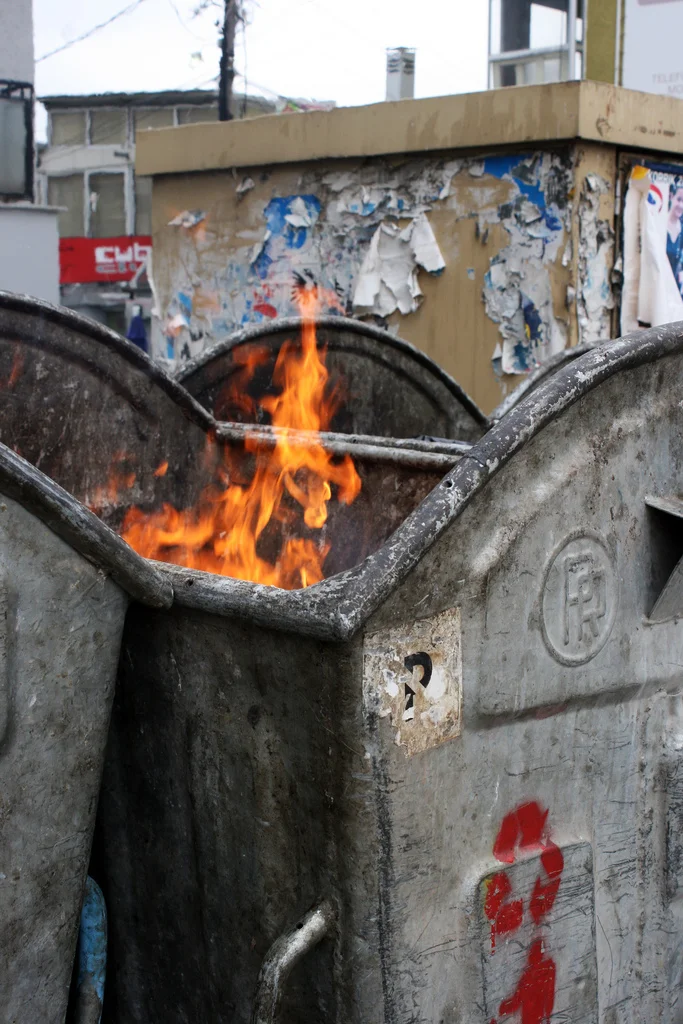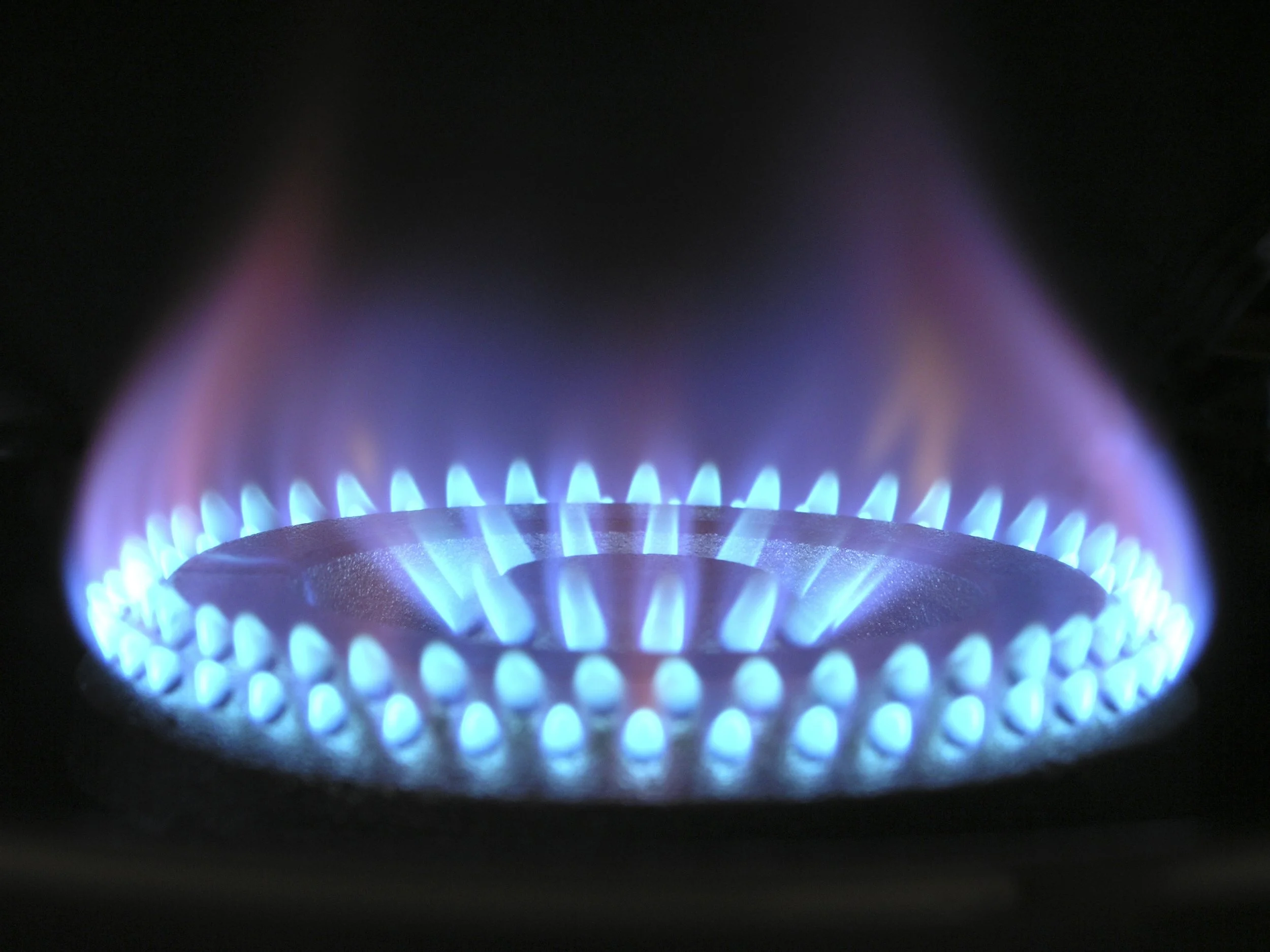Last week we embarked on a small series regarding the value of talking about climate change. This second installment looks at art’s role in getting the conversation started.
Climate Conversation: Let's Talk
What's the Environmental Voter Project?
Carbon 101: IPCC Boiled Down
Climate scientists and policy makers frequently reference CO2 ppm and 2°C when they talk about climate change. What does it mean?! And now the IPCC report that we’ve been hearing about is upping the ante on what we need to do to curb carbon emissions. We put together this quick primer on emissions in case you need a refresher. Check it out!
Every Day Is Earth Day
This Earth Day felt somehow more emotional than past ones. We currently stand at the cultural epicenter of brazen political regression, yet also significant technological progress. As the Trump administration continues its assault on environmental protections, we’re also witnessing a remarkable transformation of the energy infrastructure and an increasing awareness of the environmental costs of human waste, such as plastic contaminating our oceans and the food we eat.
Recently, I've had a number of discussions with friends and strangers alike revolving not just around fears of what climate change might bring, but also appreciation for what our planet does for us. Why focus only on the negative impacts of climate change, when an increased awareness of what Earth does for us is a great motivator too?
A Future Without Natural Gas
In our Feb. 20th post, "COLD SNAP: NEW ENGLAND DOESN’T NEED MORE NATURAL GAS," we argued against adding more pipeline for natural gas, despite the severe storms and temperatures we have been seeing in New England. To take the idea a step further, we explored the idea of "electrification." Read on to see our case for this gas-less option.
Update on CoP23: “We Are Still In”
You may have heard the news today that Trump has started waffling on his stance on whether the U.S. should participate in the Paris Agreement. We decided to take a look at the most recent United Nations' CoP (Conference of the Parties) and what individual groups (i.e. not the federal government) are doing in the U.S. to meet the Paris Agreement's goals.










